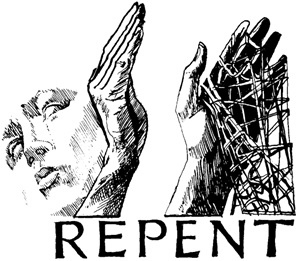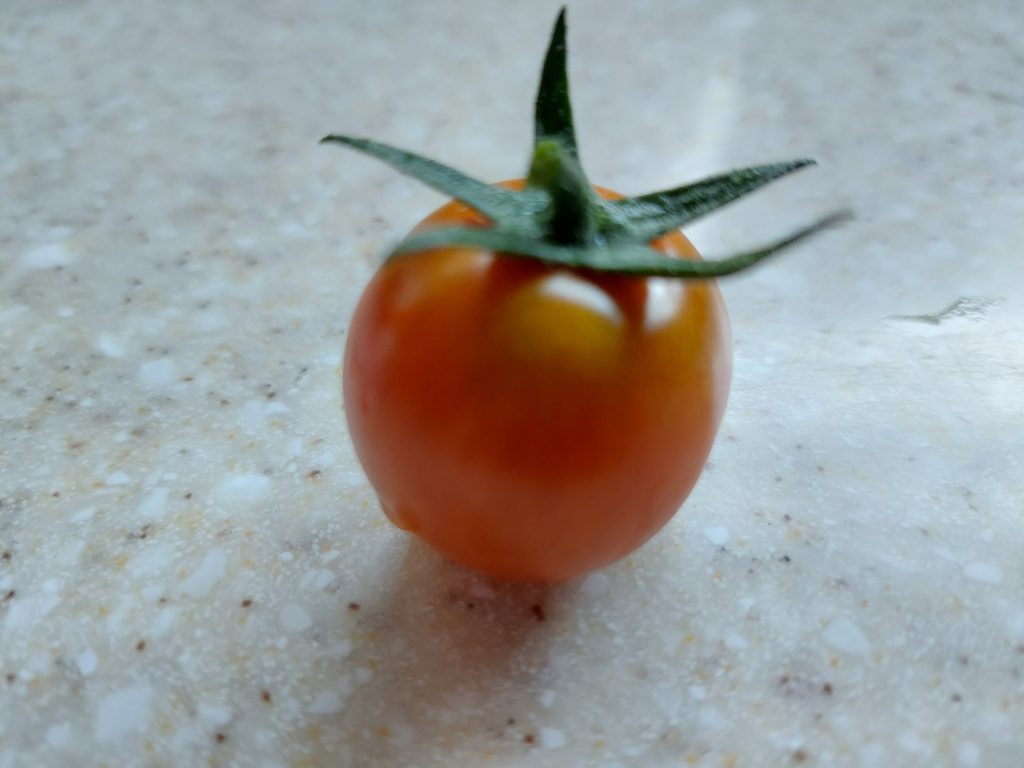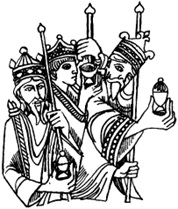To us nowadays it is hard to understand the importance of light to people in the time of Christ, or even in our own country’s history. We can turn on the light with the flick of a switch, and with modern LED bulbs, it costs us very little. Our houses – if double glazed as most of us probably are, can afford to have large windows letting in plenty of daylight, as glass is no longer the expensive commodity that it once was. It is not easy for us therefore to understand the importance of light in times past. And yet even in fairly recent history, light has been a precious commodity which needed to be preserved. My late mother-in-law remembered studying for her then Highers, nowadays A levels with her book on the windowsill to catch the last of the daylight in order not to use up too much precious wartime electricity. On the rare occasions when we have power cuts, we realise quite how dependant we are on good lighting as we use torches, candles, and portable lamps to see our way around our homes, and this point was brought home to me earlier this week when I tried to take part in a national electricity saving hour, and discovered that my touch typing skills are not as good as I thought they were as it grew dark and I resisted switching on the light! At such times we understand why John’s vision of the new heaven and new earth in Revelation tell of the new Jerusalem as a place where there was no more night. We have so much light indeed that it has become a pollutant and is preventing us from seeing the beauty of the night sky as we used to see it years ago.
And candles, which give us such a lovely light – and often scent as well today – were a precious and expensive form of lighting, as well as the brightest. Sophronius, a 6th century bishop of Jerusalem said that ‘the candles are a sign of the divine splendour of the one who comes to expel the dark shadows of evil and to make the whole universe radiant with the brilliance of his eternal light’ And so it was that people would, at Candlemas bring their stock of candles to church that they might be blessed – perhaps in the hope that they would burn down a little slower, and therefore last that bit longer. And it was not all that long ago that the light output from a bulb was measured in candlepower, rather in the same way that our cars performance was measured in horsepower. Nowadays we measure input in watts, and light output is something that we are all having to get used to measuring in lumens – something I am still a bit hazy about personally.
It is worth remembering though that light was God’s first command in creation before bringing anything solid or living into being, and that Jesus is often described as the light of the world. As John tells us in the Christmas gospel – ‘in him was life, and the life was the light of all people. The light shines in the darkness, and the darkness did not overcome it.’ Light matters. Light shows up imperfections. Light is cleansing. There is no way of hiding when it is light. The church I attended when in my teens did not approve of candles in church – we were so low down the candle, as the saying goes that we didn’t have them at all. The teaching was that if we held Jesus to be the light of the world, we didn’t need to add candles. I can see the logic, but nowadays I prefer to have the beauty of candles to remind me.
Our theme today from our readings is the coming of the light into darkness. Malachi tells us that the Lord whom we seek will suddenly come into his temple – but this may not necessarily be a reason to rejoice. For he will be like a refiner’s fire or fullers soap. Fullers soap was a strong alkaline used in the preparation of woollen cloth to bind the fibres together, and it stripped out any grease that was in the wool – and had the same effect on the hands of anyone who handled it. Soap nowadays advertises itself by its moisturising properties – fuller’s soap was quite the opposite. As to the refiners fire, you don’t need me to tell you quite how painful it can be to put your hand too close to a living flame. These things are destructive of impurities, and leave behind the clean, soft wool, or the pure shining metal.
The fulfilment of Malachi’s prophecy comes in our gospel reading, as Mary carries the infant Christ into the temple to present him as holy to God as the law required, and to make an offering in order to allow them to take him home with them. An ordinary couple, not very rich, bringing the smallest of sacrifices to redeem their first son into a crowded temple amongst many other worshippers and people transacting business. And yet in the midst of all the hubbub, Simeon and Anna both instantly recognised the Christ child and gave thanks and worship to God. We are not told the words of Anna, although she spoke to many people about the child, but we are blessed to have the words of Simeon, and we use them in our evening worship, and often at funerals or when praying with the dying.
As Mary carried the Christ into the temple – the light of the world in her arms – so we too can carry the light of Christ into our communities and workplaces. Later in his life Jesus told his audience that they were the light of the world, and that it was no use putting a light under a jar, it needed to go on a high stand so that it would give light to all the house. We didn’t bring our candles or our light bulbs into church to be blessed today – but we do carry that light with us when we leave.
I am reminded of a story told from Wincanton pulpit some years ago of a church set on the top of a hill or mountain, which had no lighting. People who attended would bring their lights with them and as darkness fell during the worship would light them. At the end of the worship the paths down the hillside were full of light as the worshippers used their lights to illuminate their journey home, the light seeming to spill out of the church and into all the town. Let us carry that light with us as we leave this place today.
I would like to finish with two short prayers taken from the Christingle Service that we used in 2020. I have taken out the word Christingle and substituted light for today:
Lord Jesus, Light of the World, as I hold this light and think about your great love for me,
help me to take this light out into the world and to share your love with others,
especially those who need it most. Amen.
Let us go into the world to walk in God’s light, to rejoice in God’s love and to reflect God’s glory.
Common Worship: Services and Prayers for the Church of England, Pastoral Services and Times and Seasons, material from which is included in this service, are copyright © The Archbishops’ Council 2000, 2005 and 2006
New Patterns for Worship, © The Archbishops’ Council 2002
Bible readings accessed from https://bible.oremus.org/ (New Revised Standard Version)



